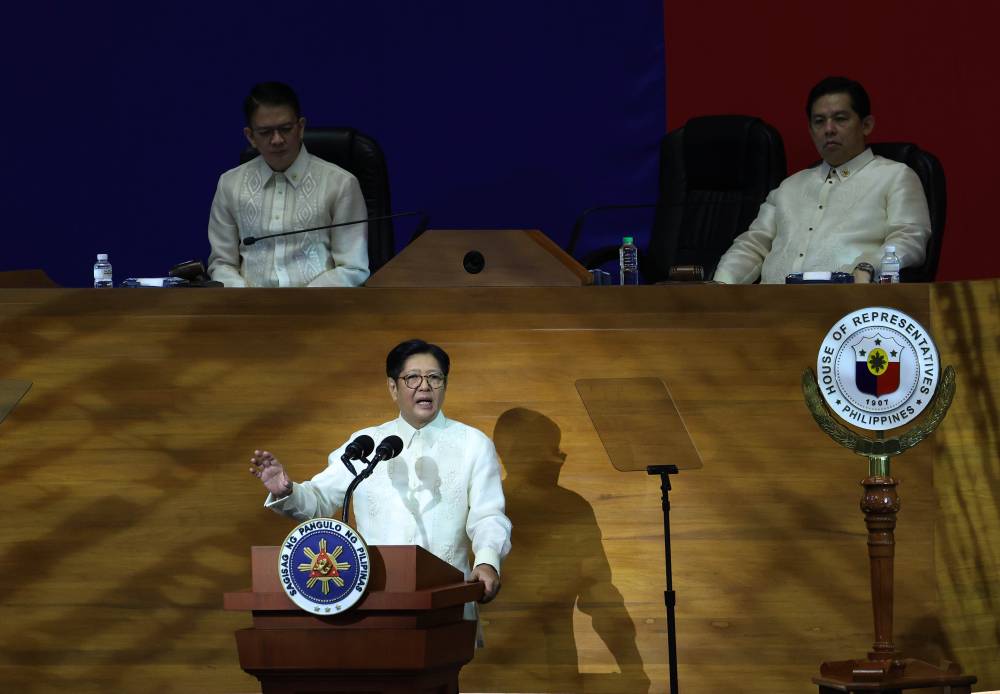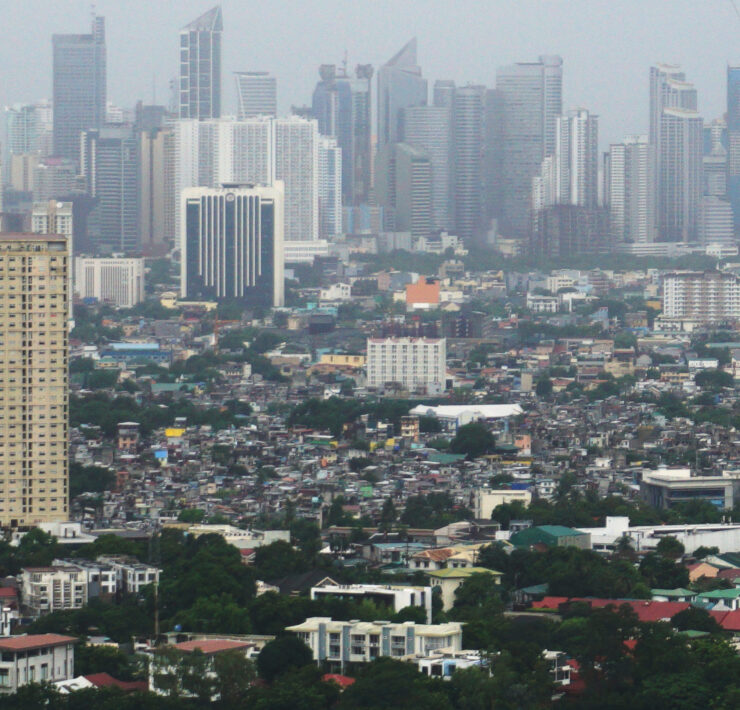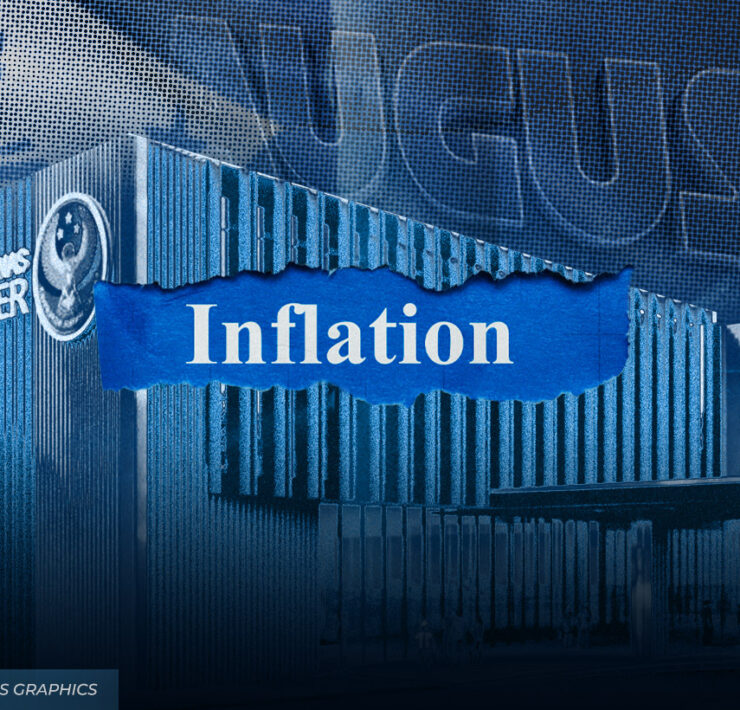Marcos gov’t faced heavier debt bill in July

The Marcos administration shelled out more money to pay creditors in July, as rising principal and interest payments swelled the government’s debt bill.
Fresh data from the Bureau of the Treasury (BTr) showed that debt service jumped 33 percent from a year earlier to P108 billion.
That outpaced the 1-percent increase in overall government spending in July, which reached P491 billion. Under current rules, only interest payments are booked as part of expenditures, while principal repayments are treated as off-budget items recorded in financial accounts.
Even so, debt payments over the first seven months fell 36 percent to P876 billion, or 43 percent of the state’s full-year debt service program. That number, however, is expected to rise in the coming months, as more than P800 billion in domestic bonds are set to mature in August and September.
The Treasury said amortization payments in July edged up 5 percent to P1.8 billion, bringing the year-to-date total to P355 billion—a steep 61-percent decline from last year.
Payments to domestic creditors slipped 3 percent to P178 million in July, pulling the seven-month total to P171 billion, down 77 percent. By contrast, foreign amortizations rose 6 percent to P1.7 billion in July, lifting the January to July figure to P184 billion, up 23 percent.
Interest costs, meanwhile, also climbed. They surged 34 percent to P106 billion in July, pushing the year-to-date bill to P521 billion, up 14 percent.
Domestic lenders received P83 billion in interest payments that month—nearly 50 percent more than last year—for a seven-month total of P383 billion, an 18 percent increase.
The government also paid P23 billion in interest it owed to foreign lenders in July, 3 percent lower than last year, though the January to July total still rose nearly 4 percent to P138 billion.
This year, the government plans to borrow P2.6 trillion from lenders to plug a projected budget deficit of P1.6 trillion, equivalent to 5.5 percent of gross domestic product. The drive is expected to push the debt stock to P17.36 trillion by year’s end.
Fiscal planners say they will continue to favor onshore borrowing to limit exposure to foreign exchange risks. The Marcos administration has also made clear it is seeking an upgrade to an A-level credit rating, a distinction it hopes to achieve by keeping debt metrics in check while sustaining economic growth.





















